Pamphlet for local farmers explaining the Common Market (1962)
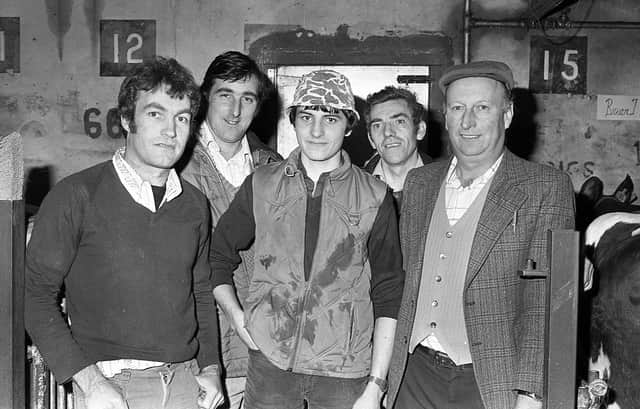

Mr Harry West, the Minister of Agriculture, announced this at Stormont in reply to a debate on a Nationalist motion calling for the publication of a White paper on agriculture and the Common Market. The News Letter noted that motion was “talked out”.
Mr West said a White Paper would be read by MPs but not, he imagined, by many farmers.
Advertisement
Hide AdAdvertisement
Hide Ad“The pamphlet would be more effective – and would be a signpost to the way ahead,” he explained.
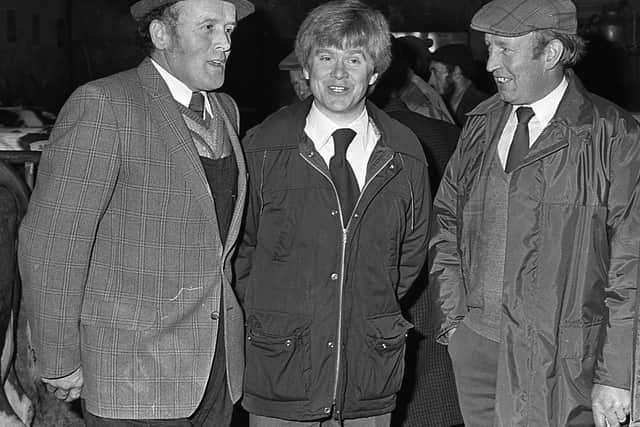

He emphasised that the gradual disappearance of price guarantees, possible under the Common Market would not mean the end of assistance for agriculture.
“Measures calculated to increase farming efficiency would continue, perhaps in an amended form,” he told Stormont.
“The disappearance of guaranteed prices in the form we know them will not necessarily mean the end of consultations between the government and the farmers’ unions. They would still meet together to discuss the general agricultural outlook and the prosperity of the farming community.”
Advertisement
Hide AdAdvertisement
Hide AdHe repeated his statement on a previous occasion that no one knew the terms of entry for the United Kingdom to the Common Market.
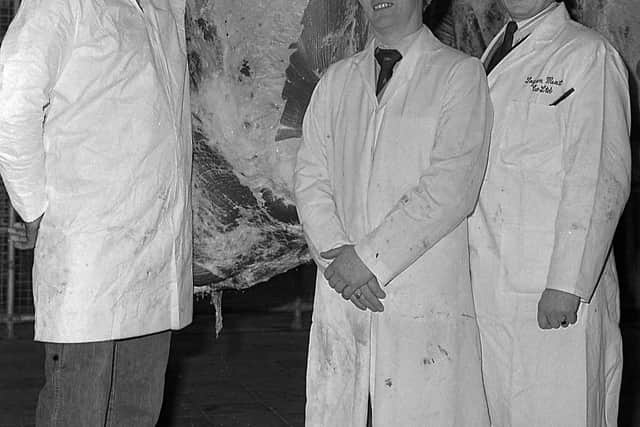

He said: “It is probable negotiations will be more protracted in view of the difficulties experienced in reaching agreement among the 'Six'.”
The Nationalist motion called for a White Paper on agriculture in order to enlighten those connected with the industry on the possible effects of Northern Ireland’s association with the Common Market countries, and “so that the farming community might be in a better position to formulate plans for the future”.
Mr O'Reilly (Nationalist, Mourne) said that it was necessary that “the facts and figures relative to financial benefit or otherwise” in participating in the Common Market be “collated and distributed so that farmers would know the exact position”.
Advertisement
Hide AdAdvertisement
Hide AdHe said: “Farmers are slipping back economically. The average income of farmers has gone down by eight per cent since 1954, while in most other industries incomes had gone up by 12 per cent,“Some the Continental countries had greater protection against the importation of cheap food than farmers in Northern Ireland have.”
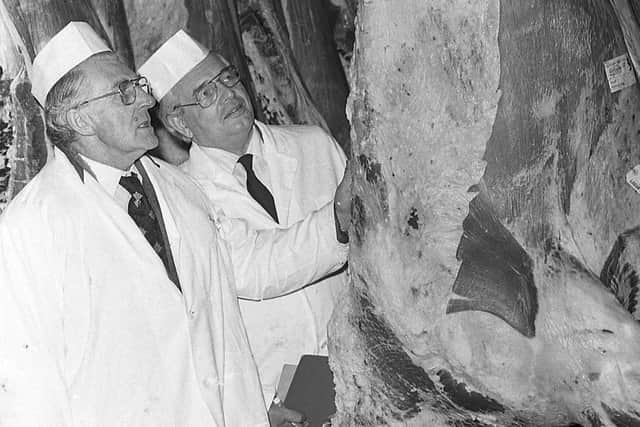

Mr Connellan (Nationalist, South Down) said that the government’s policy appeared to be “wait and see.” He said: “There are 42,000 unemployed people waiting and they see very little. If subsidies are withdrawn farmers will not be very comfortable, and it will be much worse here than in Great Britain.”
Major Chichester-Clark (Unionist, South Derry) suggest that there was a potential market for Northern Ireland lamb on the Continent, “where lamb and mutton does not constitute a large proportion of the average person’s diet at present”.
He added: “There should also be a market for cheap beef, eggs and potatoes.”
Advertisement
Hide AdAdvertisement
Hide AdHe said that he was convinced that “those markets existed if we are prepared to go out and look for them”.
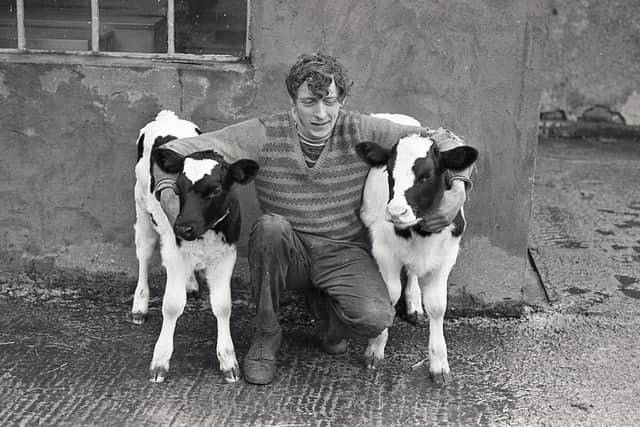

Mr Healy (Nationalist, South Fermanagh) said there was a united Irish front on entering the Common Market – “both Mr Lemass and Lord Brookeborough are in favour of it”.
He continued: “Nevertheless Northern Ireland is so much dependent on grants for the major industry of agriculture we might find ourselves hard hit by entering the Common Market, unless we got certain guarantees which seemed visionary at the moment.”
Mr O'Neill (Unionist, North Antrim) said that if the impact on agriculture was was adverse, “it would six times worse for Northern Ireland than for Great Britain”.
Advertisement
Hide AdAdvertisement
Hide AdHe said: “That is the measure of the responsibility laid upon the Minister of Agriculture and his department. Personally I would be apprehensive about the effect on agriculture. The whole of the resources of the ministry would have to be devoted to improving marketing. If any part of the United Kingdom would be able to stand up to the competition of the Common Market, it is the pig industry, because they have already a first class marketing board in that industry.”
He concluded: “If the minister is inhibited by the Government of Ireland Act in establishing the meat export industry on a similarly sound basis, the opportunity out to be taken in the Northern Ireland Bill now before Westminster to extend the powers to the ministry.”